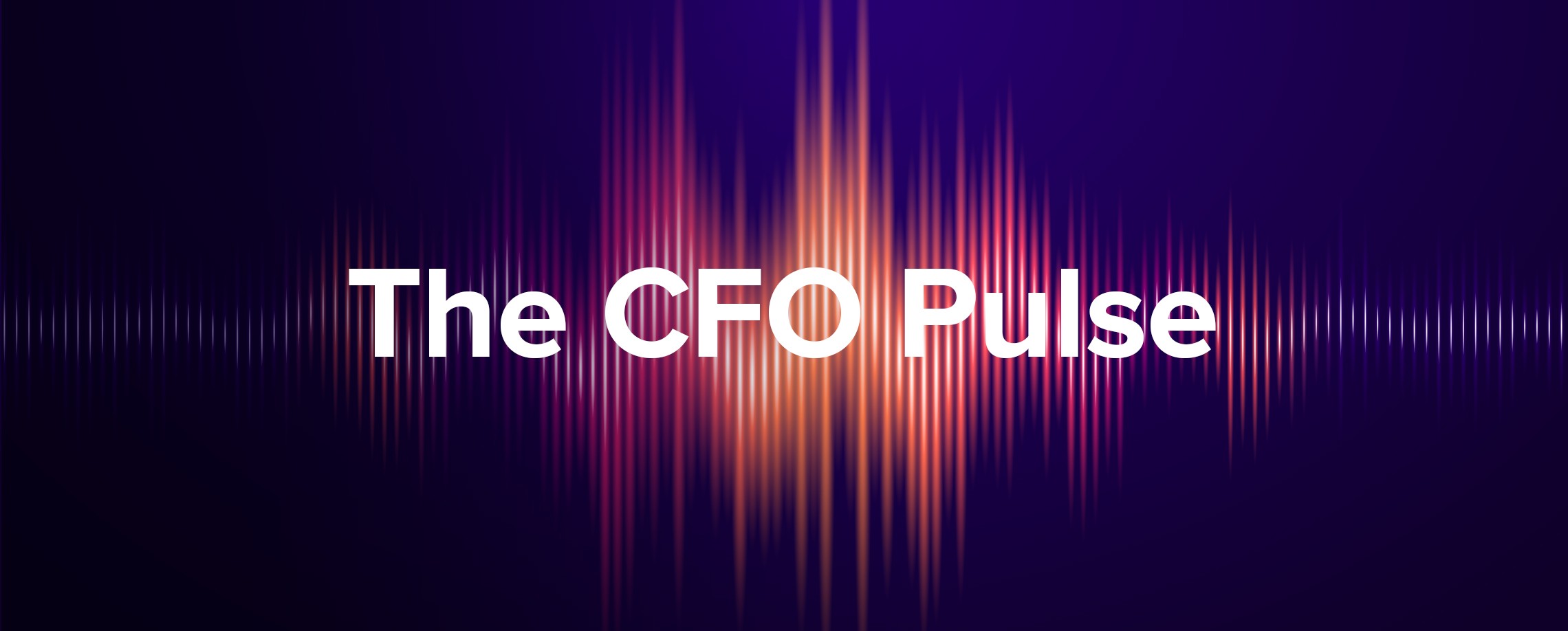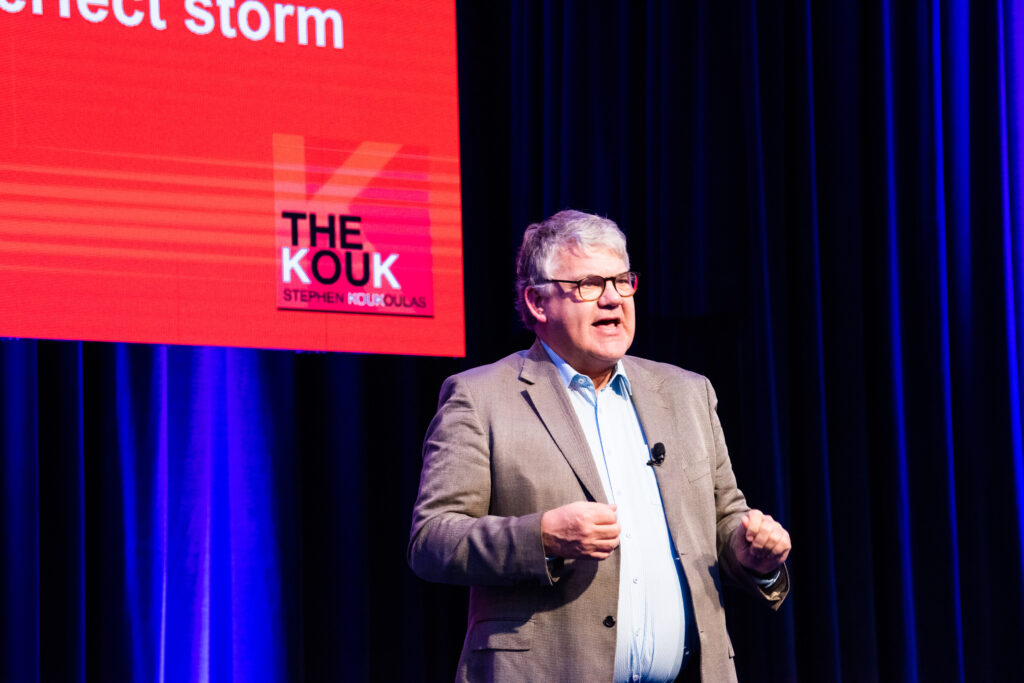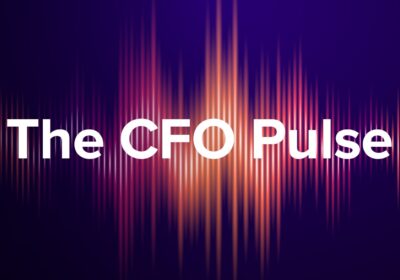
- Author: Stephen Koukoulas | Leading Economist
- Posted: April 4, 2025
The CFO Pulse > April 2025
Australia has an election, a steady budget and early signs of a weaker labour market while New Zealand has a tentative recovery
Australians will go to the polls on 3 May to vote at the Federal election. Current polling suggests it will be a closely run race although the incumbent Labor Party has lifted in recent opinion polls.
As part of the campaigning, Treasurer Jim Chalmers delivered a steady budget which outlined forecasts for a gradual economic recovery, ongoing low inflation and a moderate uptick in the unemployment rate.
The budget balance slipped back into deficit after two years of surpluses, in part due to lower growth in revenue but also due to a range of policies relating to cost of living relief for households including modest tax cuts. Deficits are projected for the next decade. The impact of the budget on macroeconomic conditions is broadly neutral, which was confirmed with the muted reaction in financial markets to the budget.
The Opposition Liberal-National Coalition is campaigning on building nuclear reactors to meet climate change goals, creating a domestic gas reserve aimed at lowering domestic energy costs, a 12 month cut to petrol excise and it will reverse the recent tax cut legislation.
The RBA met on 1 April and while interest rates were held steady. It was cautious in its forward guidance and indicated, surprisingly, that there were both upside and downside risks to the inflation outlook from the current position where inflation is around target. One of its key concerns was as assessment that labour market conditions were still tight and there was upside risks to wages growth.
Australia sees low inflation and mixed data
In the past month, the economy has seen further easing in inflation, tentative signs of a softening in the labour market and mixed news on growth.
- Annual inflation edged down to 2.4 per cent in February, meaning inflation has been in the RBA target range for seven straight months. The underlying inflation rate edged down to 2.7 per cent;
- Employment fell 53,000 in February to record the weakest result in a year. The slowing in employment is consistent with the falls in job vacancies. The unemployment was steady at 4.1 per cent;
- GDP growth rose 0.6 per cent in the December quarter for an annual rise of 1.3 per cent. Quarterly growth rate was a two year high. Private sector demand registered a recovery, particularly household spending, while public demand remained a solid contributor to bottom line growth. Private sector business investment fell in the quarter.
Other partial data showed only moderate growth in retail spending, a generally negative tone to consumer sentiment and business confidence while house prices edged up in March after a temporary period of weakness in late 2024 / early 2025.
New Zealand’s economy finds a base
The recession ended in New Zealand with the release of December quarter GDP growth of 0.7 per cent. The recovery was driven by strength in rental, hiring and real estate services, retail trade and accommodation and healthcare and social assistance. Higher spending by international visitors boosted tourism-related industries.
Business conditions and housing have also lifted in the early part of 2025 after a weak 2024, while inflation is consolidating at or a little below the RBNZ target.
As a result, the end of the interest rate cutting cycle is near, with less than 50 basis points more of additional rate reductions now priced in to the cycle.
Currencies
Currency markets have been remarkably stable amid the global policy, economic and geopolitical uncertainty. The AUD and NZD have been trading in a tight range against the USD meaning the AUD / NZD cross remains close to 1.10.
The USD looks to be overvalued and vulnerable to a period of weakness, especially if the Trump policy agenda negatively impacts the US economy. This is a significant risk with the escalation of tariffs and severe cuts to government spending.

Stephen Koukoulas will be sharing an CFO Economic Update at the CFO Magazine Brisbane CFO Symposium on Tuesday 27th May 2025 at the Sofitel Brisbane >
CFOs can register via the event website: www.QLDCFOSymposium.com







